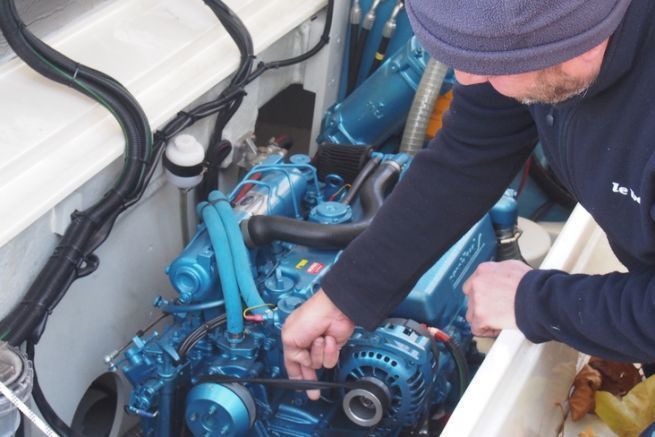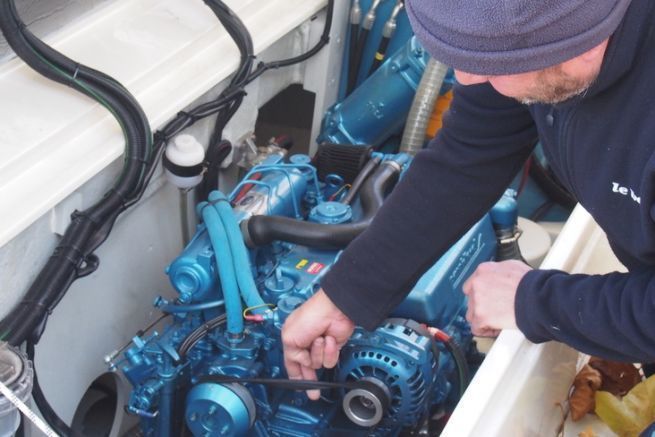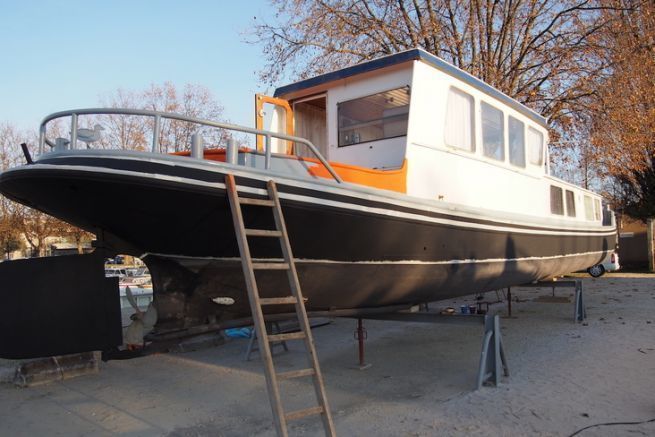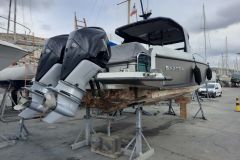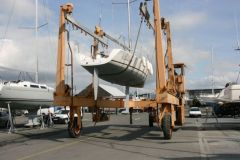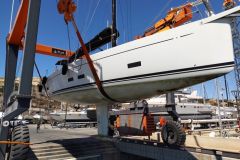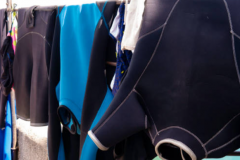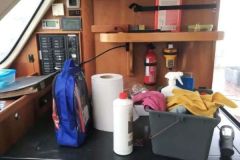A river boat generally navigates in fresh water which creates some constraints, in particular those related to freezing. At sea, the salt water and the oceanic mildness limit the risk, whereas it is quite present on inland waterways. It is also important to make sure that all systems and circuits are ready for winter.
Domestic water system
- The fresh water system will be drained. The tanks will be emptied, but also the hot water tank.
- The system will be blown out to ensure that no water remains at the pump or valves.
- If a fitting is disconnected to drain, the safest thing to do is to put it back on without waiting for spring.
- Shower drains and toilet drains should be treated with antifreeze to prevent problems.
- A biodegradable product will be used since part of it will be discharged into the river.
- The procedure is to close the suction valve and pour the product into the suction filter while the pump is running.
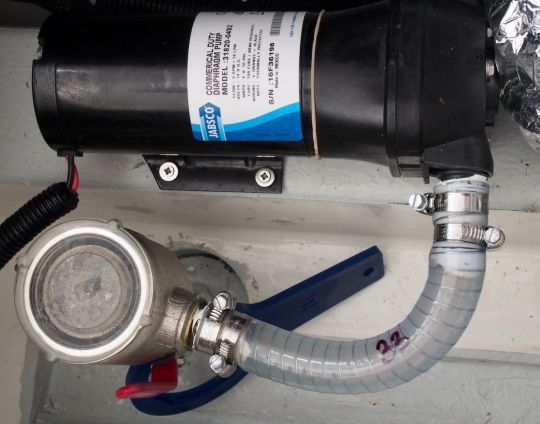
Electrical circuits and connections
- A "contact" spray should be applied to the electrical connections to prevent oxidation.
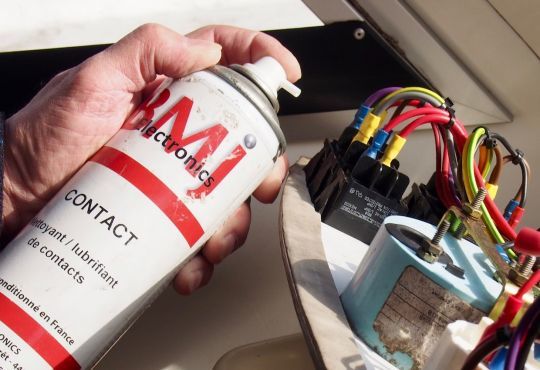
- The batteries will be charged and their terminals cleaned and greased.
- This is the time to top up the electrolyte level for those that need it.
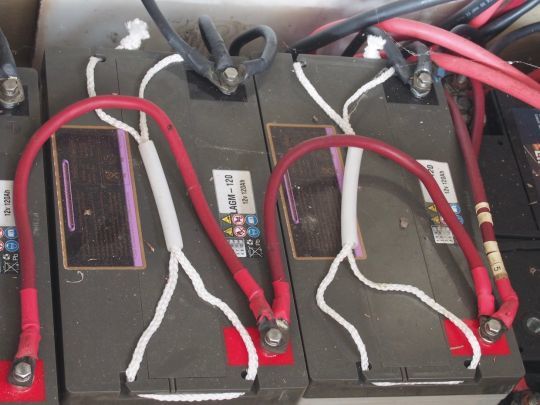
- Remember to remove batteries from all devices that contain them to prevent acid leakage.
Mechanical precautions
- To limit the effects of condensation, it is best to keep the fuel tank full.
- For the same reasons, it is best to change the engine oil at the end of the season.
- An antifreeze scale should be used to ensure that the coolant has retained all its protective properties.
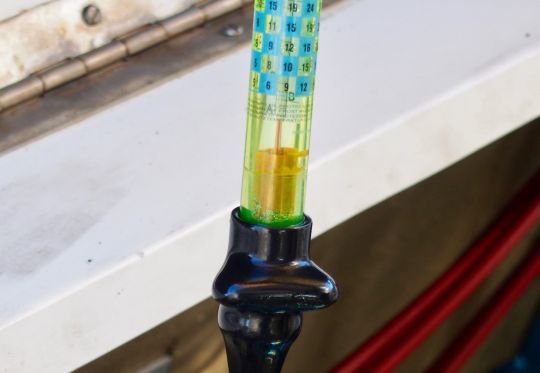
- It will be necessary to pass antifreeze in the circuit of water "of sea". To do this, with the engine running, close the valve and open the suction filter.
- Immediately the product is poured in with a watering can. As soon as it comes out of the exhaust, turn off the engine. This precaution is even more imperative if the boat is to be taken out of the water!
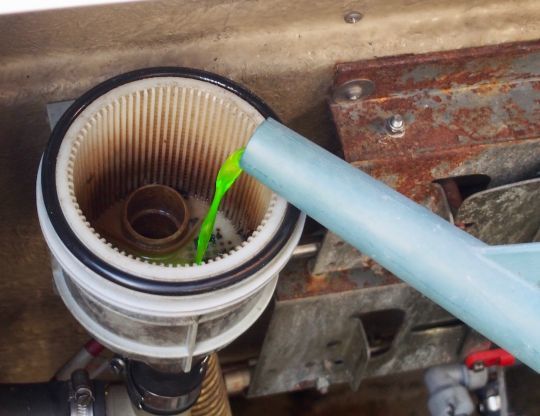
Moorings and security
- The bilge pump should be checked very carefully, especially its float, which must ensure that it starts and stops properly!
- Be sure to check the mooring lines and stuff them with a piece of pipe at the dock's mooring points.
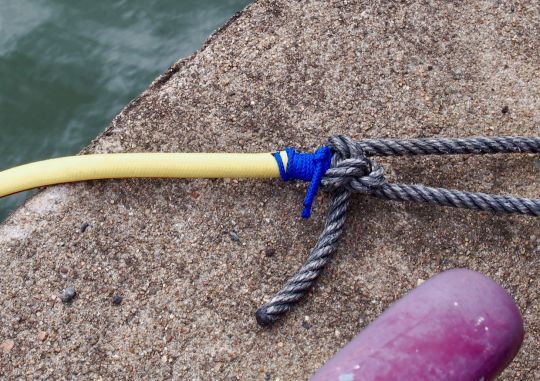
- Taking a last look, we will keep in mind the possibility of winter gales...
- Ensure that all vents are open for effective ventilation.
- Finally, don't forget to leave your bathing ladder accessible. It could save a clumsy passer-by.
